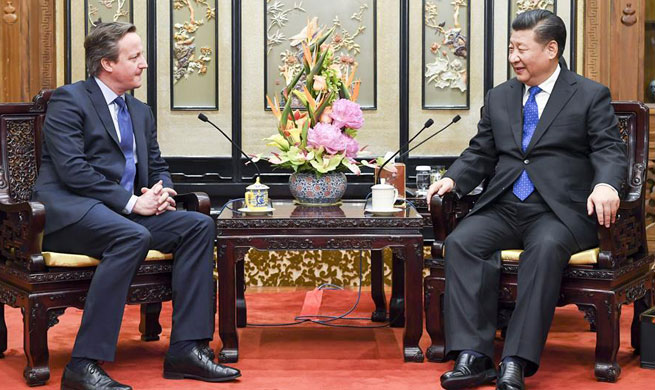TOKYO, Jan. 12 (Xinhua) -- Japan logged a current account surplus of 1.35 trillion yen (12 billion U.S. dollars) in November, the government said in a report on Friday.
According to the Finance Ministry, November marked the 41st straight month the nation's current account was in surplus.
The preliminary report showed that goods trade booked a surplus of 181.0 billion yen (1.62 billion U.S. dollars) owing to solid exports.
The surplus in the primary income account, meanwhile, which shows Japan's earnings from overseas investments, totaled 1.33 trillion yen (11.95 billion U.S. dollars) in the recording period, the ministry said.
Japan's current account surplus is one of the the broadest measure of its trade with the rest of the world and the data is keenly eyed by the Bank of Japan (BOJ) and the Finance Ministry ahead of new potential policy changes or monetary easing or tapering measures.
On Tuesday, the central bank here in its market operation reduced its purchases of long-term government bonds.
This triggered speculation the BOJ migh, henceforth, be considering taping its easing measures, as has been the case with other major central banks, although there were no further reductions in the bank's bond buying on Thursday.
In Japan, the current account surplus increases the nation's net foreign assets by the corresponding amount, and a current account deficit does the reverse.
Both the Japanese government and private payments are included in the calculation and it is called the current account because goods and services are generally consumed in the current period.

















